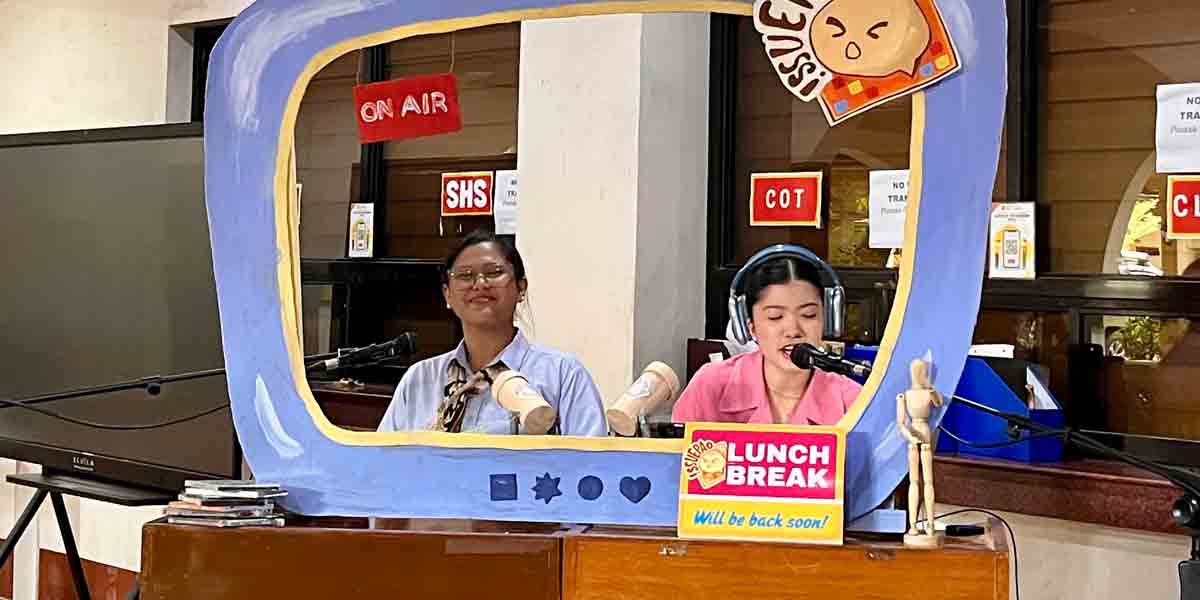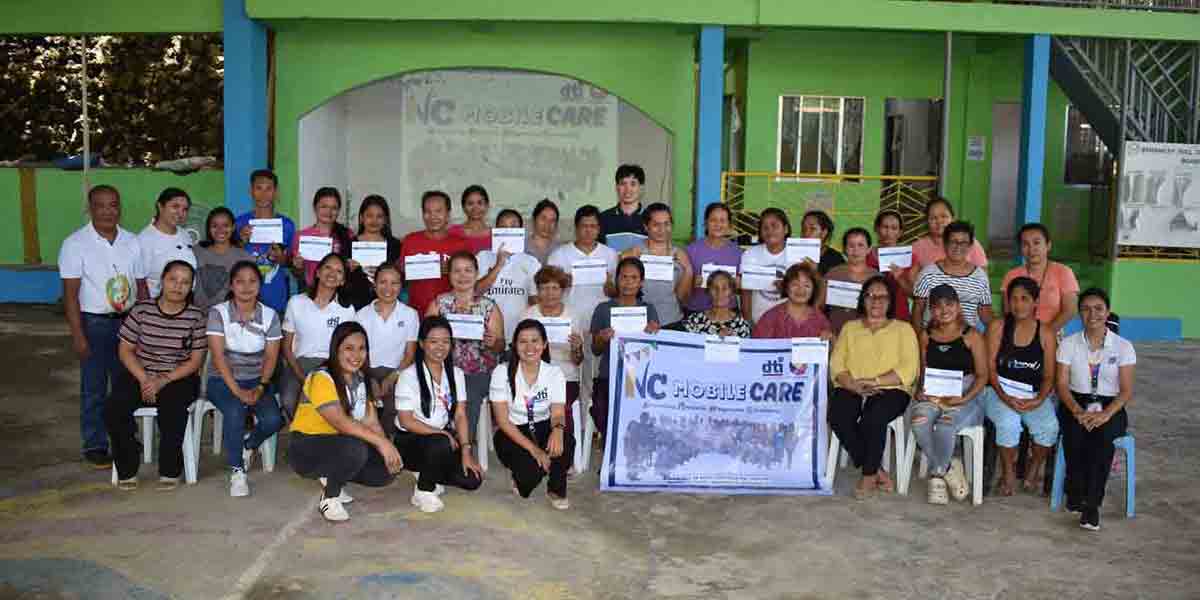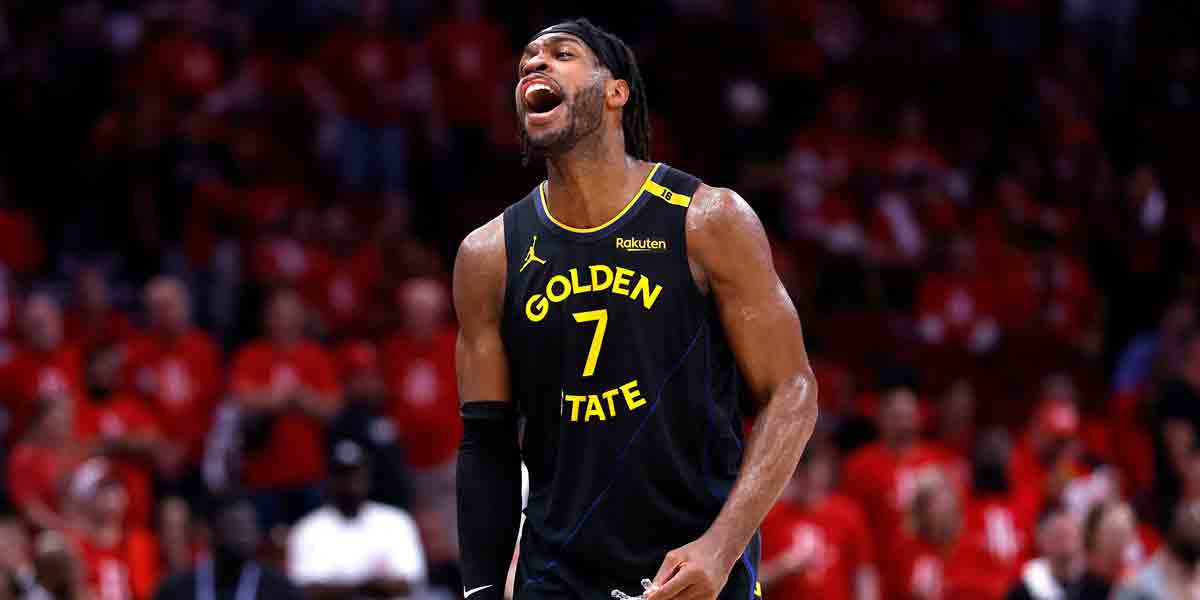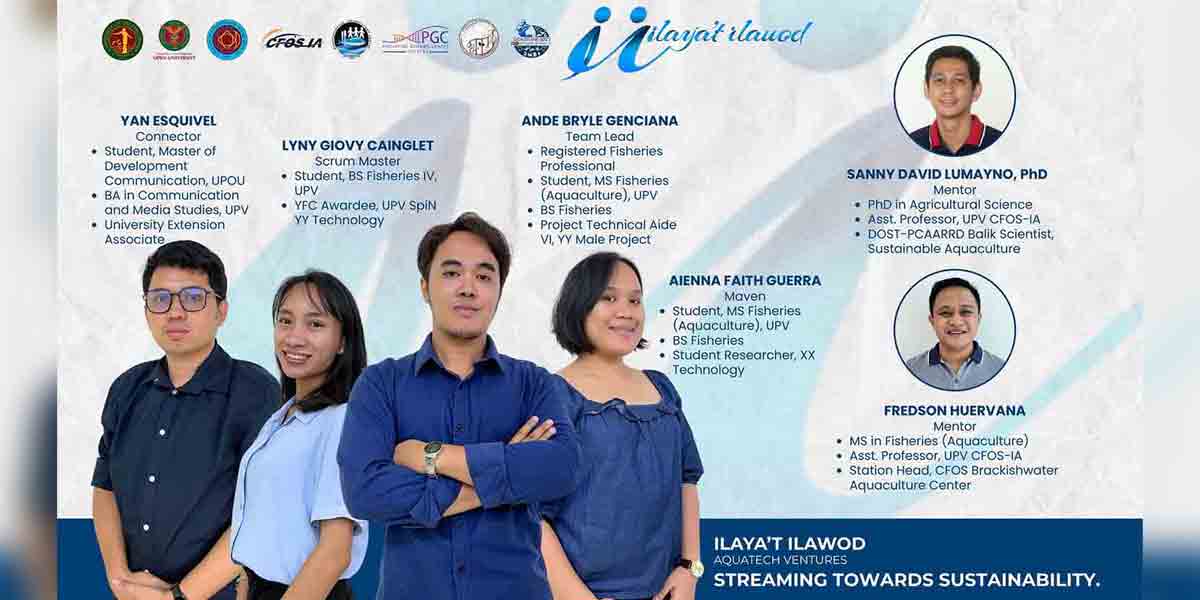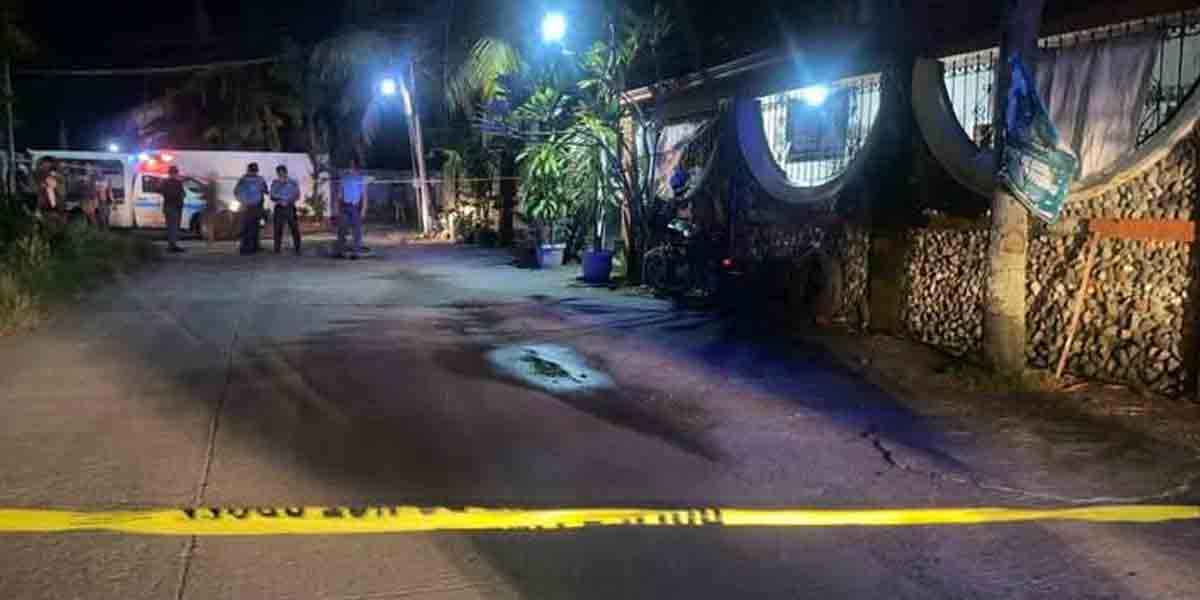By Sensei Adorador
Two years ago, I had the privilege of participating in an academic think tank focused on researching the identities and leadership styles of prominent politicians. Although often perceived as a purely academic exercise, this research project has been one of the most rewarding experiences of my career. As part of the study, I traveled to Ormoc City to interview Richard Gomez, the former actor and matinee idol turned politician. His unique blend of ‘celebrification’ and ‘machismo’ is often characterized by a rugged, straightforward leadership style, frequently described as ‘walang paligoy-ligoy.’
When I asked Gomez, “What sets you apart from your predecessor?” his response was candid: “I am not corrupt, and I hate drugs.” True to his word, Gomez’s leadership has transformed Ormoc from what was once called the “drug capital” of Region 8 into one of the safest cities in the Philippines. His anti-drug stance dates back to his early political campaigns, beginning as far back as 2001. Although his party faced disqualification that year, Gomez’s commitment to eradicating drugs remained resolute, eventually leading to his election as mayor in 2016. His agenda aligned closely with then-President Rodrigo Duterte’s “war on drugs,” making him a strong ally in the fight against crime.
As mayor, Gomez not only addressed Ormoc’s drug issues but also prioritized discipline and order within the community. He empowered local law enforcement to crack down on drug pushers and users, actively working to dismantle the drug trade in the city. For Gomez, discipline is not just about imposing rules but about creating a culture of self-control and responsibility. Drawing on his background as an athlete, he once said, “If you have discipline, you have the power to avoid what is unnecessary.” This principle has defined his administration.
However, Gomez’s strict policies have stirred mixed reactions among Ormoc’s residents. Teenagers chafed at the curfews, market vendors complained about being relocated to less frequented areas, and some locals were frustrated with his ban on cockfighting (“sabong”) during barangay fiestas. Others criticized rising water rates under his administration. Nevertheless, Gomez defended these decisions as essential for the city’s progress. The previous administration, under former Mayor Eduard Codilla, left Ormoc struggling economically, and Gomez saw these changes—though often unpopular—as necessary to foster growth and stability.
Gomez’s impact on Ormoc’s economy and public safety has not gone unnoticed. The arrival of SM Ormoc, a major development in the area, has been attributed to his transparent governance, free from the under-the-table dealings often associated with local government projects. His emphasis on discipline and organization has contributed to Ormoc’s status as the safest city in the country, with local police data showing a significant reduction in crime rates. To Gomez, “Running a city is like running a corporation. Increased water rates mean improving facilities, putting vendors in proper locations keeps markets organized, and instilling discipline makes the city safer, which in turn attracts more investment.” He argues that a disorganized, drug-infested city under corrupt governance deters investors and hampers job creation for Ormoc’s residents.
Though not originally from Leyte, Gomez’s dedication to Ormoc stems from his desire to live peacefully with his family in a thriving community. When faced with the city’s social and economic issues, Gomez felt compelled to step up. His eventual election to Congress after serving as mayor reflects the trust he has earned from Ormoc’s citizens and his strong track record of effective governance.
Despite criticisms at the national level, Richard Gomez has proven himself to be an effective and committed politician, transforming Ormoc into a safer, more organized, and economically vibrant city. While his leadership style may be strict, it is driven by a vision for sustainable progress rather than fleeting popularity. As a researcher, I am consistently intrigued by how straightforward, ‘machismo’ politics persist; for me, such an approach reflects power relations and provides a sense of security, reassuring people that their leader is strong and capable of protecting them. This may explain why we elect leaders like Rodrigo Duterte and Raffy Tulfo—strong leaders can be seen as Messianic figures. In the case of Richard Gomez, he serves as a symbol of hope for Ormoc, working to free the city from its struggles with drug-related issues.”

